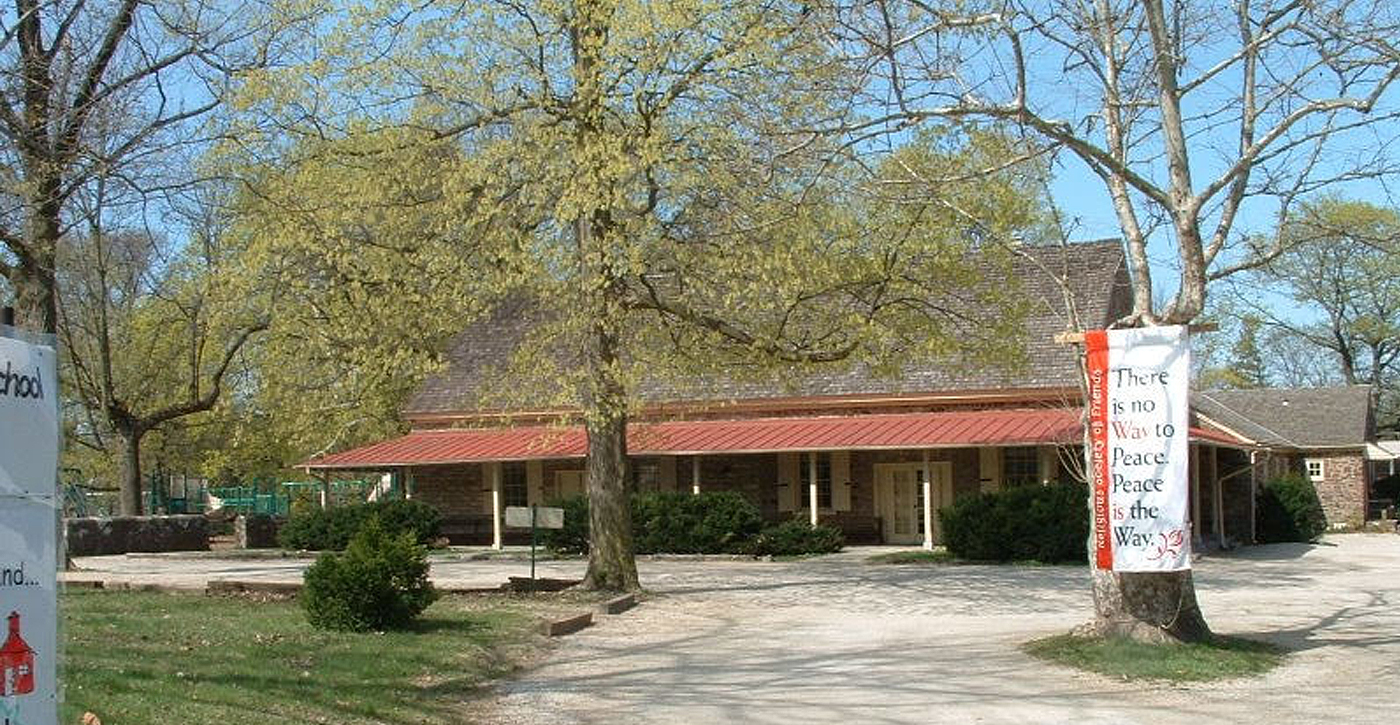The most haunting images of the war in Afghanistan for me are the dark eyes of the Afghan women, peering out from behind the burqa. Despite the "liberation," many remain cloistered in their garments. Often I wonder how the war has changed their lives. Are they better off now under U.S. occupation than under the Taliban? What do they think of Americans in the occupying army, particularly U.S. women who enjoy freedoms Afghan women are denied? I long to hear and understand the voices of these enshrouded sisters, half a world away.
A friend shared some letters from her niece, Cynthia, that provided insight into my wonderings. Cynthia is an African American woman in her mid-20s, serving in an army medical unit in Afghanistan. She grew up in a hard-working, blue collar Philadelphia family, and is a dedicated soldier. A gritty honesty in her words captured my attention.
In her first letter she wrote:
"Everything is well here. No one has gotten injured to the point of nonrepair. On December 1, I got tasked out with a platoon of infantry to search the local villages. It wasn’t too bad. A lot of their women are sickly [and] oppressed. These children are beautiful. While out we found a few bombs and mortar shells. The operation was pretty successful. Also, we got attacked by rockets. They missed by 2,000 meters. No one got hurt. On the 17th we’re going out to the villages to help and give medical aid. I can’t wait."
Cynthia’s voice charmed me and bespoke her youth. I was struck by her matter-of-fact tone as she wrote about coming under rocket fire and her eagerness to return to the danger zone to offer aid. As I read her second letter, I hoped to learn more about the village women from her unvarnished point of view. Excerpts follow:
"I just got your package. You guys rock! My friends and I thank you. Everything here is going well. I just got in from a 14-day mission. It was the pits. The first day, it rained on us—freezing, cold ground in the open. This was the worst mission I’ve ever been on. The only good part was the women of the villages that we searched. Most tried to feed me. Very few were afraid and others were just stunned that I was a female. I ate a lot of native food. It would be disrespectful to turn them down. Thanks again for the care package. It was very needed."
Many women in Afghanistan rarely come face to face with women from another village, let alone an army medic from the U.S. So, naturally, they were surprised to meet Cynthia. Despite public warnings from Muslim clerics about "evil Americans," the women of the villages were not afraid of Cynthia and they tried to feed her. Perhaps the women shared their food out of gratitude because they had made a link between the U.S. presence and their new constitution. Perhaps they had hopes for new freedoms they have long been denied.
Another friend, Krystyna, who had grown up in communist-occupied Poland, gave me deeper insights when I shared this story. She explained to me, "By offering hospitality to the communists, we held our heads up in spite of our situation. We are still human and the people who occupied our country are human, too. People are everywhere the same. By showing kindness to our occupiers, we showed that we would not hide and cower, but would do what is civil and right."
I still long to hear, firsthand, the voices of the Afghan women. But my wonderings have been somewhat satisfied through the voices of Cynthia and Krystyna. I believe that Afghan women shared their food to create common ground with the people in the occupying army. Their hospitality spoke of their goodness and civility. These impoverished women showed kindness and character when they came face to face with a woman in the U.S. army. Their actions bespoke a humane and generous impulse that is usually drowned out by the shrieks and shrill cries of the howling harridans of war.
Laura Roberts
Lansdale, Pa.


